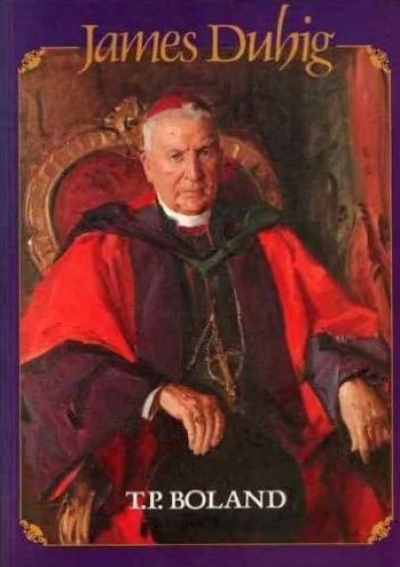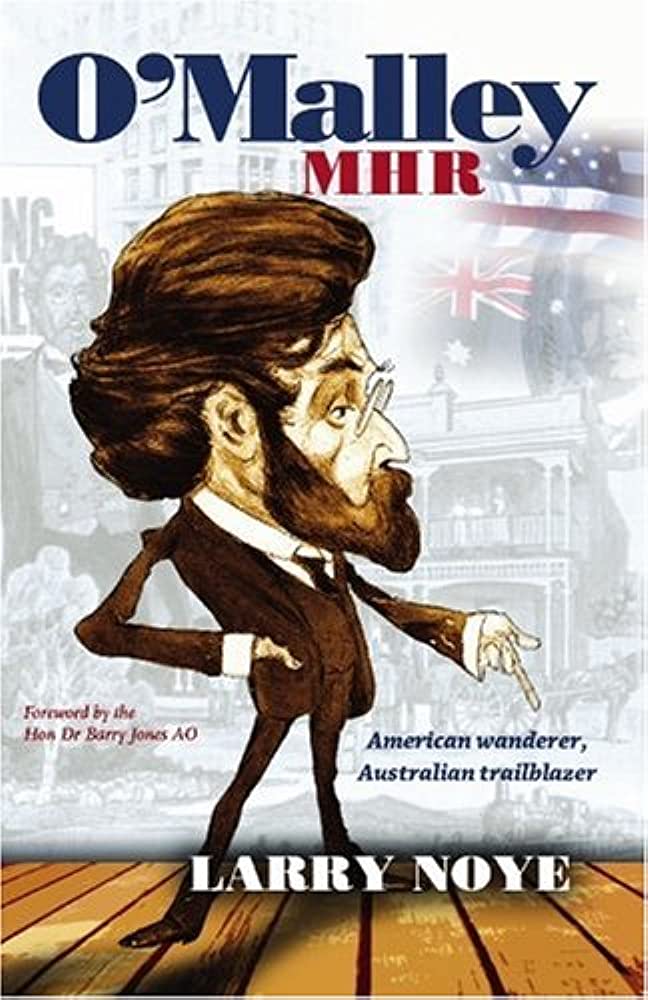Biography
Much that is published on the Centre is from the perspective of the jet-and-chopper journalist, so it is with sheer delight that one greets Man from Arltunga, written from the perspective of a local and a bushman. The author’s knowledge of this country is of a rare quality. Not only is he interested in the White settlement of the area but he also has a broader appreciation for the prehistory and for the Black version of their history. In the thirteen years that Dick Kimber has lived in the Centre he has travelled extensively with Aboriginal people through their ancestral country. He has travelled the Aboriginal way, with Aboriginal navigators, journeying slowly, digressing for relatives, or for bush tucker, or for ceremonial business. His first-hand knowledge together with his affinity for the country made him an ideal companion for Walter Smith on their journey to record Walter’s story.
... (read more)Henry Handel Richardson and Her Fiction by Dorothy Green
Occasionally, there are books of literary criticism which stay in the mind’s eye, so to speak; they endure beyond the point of short-term recall: the central argument, the general impress of thought, the singular, illuminating ideas and catchments of insight. As with Dorothy Green’s massive and intense scrutiny of Henry Handel Richardson, these books have the authority of a kind of passionate clarity, even when they seem paradoxical, or odd.
... (read more)Greg Matthews: The Spirit of Modern Cricket by Roland Fishman
I write this review the day after the Fifth Test. Australia has finally won one. I personally wouldn’t give two squirts of goat shit for the Australian selectors but this time they can tell us what to do with our cricket bats. Peter Taylor has taken six for and two for, batted with determination, and won the man of the match. (A shocking decision, by the way. It was Jones, then daylight, then Taylor and Emburey, and I don’t like Victorian batsmen and Poms who played in South Africa.) Twelfth man for Australia was Greg Matthews, who bowls off-spin and bats with determination. Like Taylor, whom Matthews would no doubt call ‘the man’ at the moment. Does this mean Matthews is on the way out, and that Roland Fishman’s mid-career biography, Greg Matthews: The Spirit of Modern Cricket, is one of the sillier Penguins, a book destined to become as popular as Andrew Jones’s autobiography? (Remember Andrew Jones, the oncer in the federal parliament in the mid-sixties? The relevant tome used to be on sale at Mary Martin’s at ten cents, two copies five cents …)
... (read more)George Johnston by Garry Kinnane & A Foreign Wife by Gillian Bouras
Like those of Tom and Viv, and Scott and Zelda, the life story of George Johnston and Charmian Clift is a high drama of love, sickness, loyalty, passion, talent and suffering, with a tragic intensity not often found in Australian life. The lives of artists are now often turned into works of art themselves. Garry Kinnane’s biography and the ABC radio documentary based on it make George and Charmian more fascinating than their books, with the possible exception of My Brother Jack.
... (read more)Subtle-tasting experience, dating back more than ten years, has made me suspicious of ideologues who take pen to comment on Their Own. Whether they’re, say, reviewing the fiction or writing the history of Their Own, the continuing good of the Cause tends to be a primary consideration. So my sceptical heart sank when I heard that the biography of James Duhig, Catholic Archbishop in Brisbane from 1912 to 1965, was being written by Father T.P. Boland, a priest of that diocese.
... (read more)Strange Country: A study of Randolph Stow by Anthony J. Hassall
Professor Hassall’s study of Randolph Stow is indeed a strange country. A text which sets out to establish Stow as ‘a more important writer than is generally recognized’ and to show that his ‘best work bears comparison with Patrick White’s’ promises an intellectual engagement with either critics or the text or both which would lead to reassessment of Stow’s work. It appears that these are Aunt Sally’s – although Professor Leonie Kramer, who is presented as one of Stow’s ‘sterner “realist” critics’, can hardly be seen as such an aunt. Hassall puts her up but barely touches her, leaving the counterargument to Dorothy Green. Perhaps he’s being gentlemanly. However, to quote a paragraph from Green which asserts that ‘One of the greatest weaknesses of Australian criticism has always been its refusal to take religious ideas seriously’ is to take advantage of the lady. Hassall needs to fight his own battle against Leonie Kramer’s judgement of Stow’s work as being ‘quasi-religious’ and misguidedly experimental.
... (read more)The Missing Heir: The autobiography of Kylie Tennant by Kylie Tennant
Kylie Tennant hasn’t taken the task of telling the story of her life seriously – and that is one of the real pleasures of this rough and ready autobiography. Her ten novels and many short stories, as well as being piercingly accurate social documentaries, are carefully constructed to work as good yarns should. But Tennant’s autobiography is not well put together. It reads as if she is nattering with a friend and laughing at herself a lot. She rambles a bit, avoids any semblance of self-analysis, is engagingly matter-of-fact about her achievements and her failings.
... (read more)This dainty, delicate, savage book is lovely and rare because it is truthful, vicious, brimming with the blue eyes of memory, the red eyes of defeat, the open mouth and congo drum of childhood. When Barry Oakley writes of his childhood, it is you booting him the footy of laughter.
He writes, wonderfully, sweetly, dreamily of taking his sore-footed mum and soft-drink-eyed son for the satiric day to Taronga Zoo. Among the gorillas and orchids, you watch him scribble in the light. A journalist cobber to fellow mysteries, his friends.
... (read more)Donald Thompson's Mammals and Fishes of Northern Australia edited by Joan M. Dixon and Linda Huxley
Donald Thomson was an altogether extraordinary man. We are fortunate that at last some of his great legacy to us is being published. It was my recent fascinated delight to read his Donald Thomson in Arnhem Land (Currey O’Neil, 1983) and now, only a few weeks later, to find this equally fascinating book on my plate for a short review. I knew him, although not well, when he and an assistant and his collections were housed at the University of Melbourne in various parts of that jumble of old buildings on the comer of Tin Alley and Swanston Street which also held Trikojus’s Biochemistry Department. Where he kept his Aboriginal canoes later became our departmental tearoom and what had been his office later became our Professor’s office.
... (read more)This book is a testament to the persistence of the legend of King O’Malley. Larry Noye tells the story of the self-proclaimed founder of the Commonwealth Bank and builder of Canberra very much as O’Malley himself never tired of telling it, heavily embellished with the exaggerated ‘spreadeagle’ rhetoric and baloney of the hot gospellers, land-boomers, social reform cranks, and snake-oil salesmen of the American West among whom O’Malley took his first steps in the adult world. The book’s strength is that its author is so intoxicated with the O’Malley legend that it faithfully gives us a picture, as it were, straight from the horse’s mouth, full of colour and incident; its weakness is that it fails adequately to step back and separate fact from fiction.
... (read more)








